Feed Ingredients
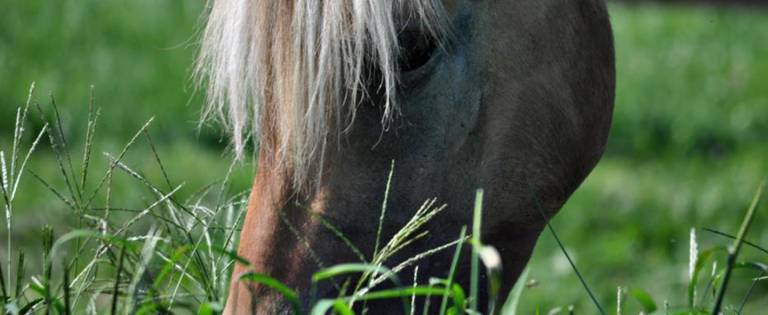
June 25, 2014
Differences Between Grasses and Legumes as Forage for Horses
As horses graze through a pasture, they are likely to encounter a mixture of grasses, legumes, and weeds. Grasses such
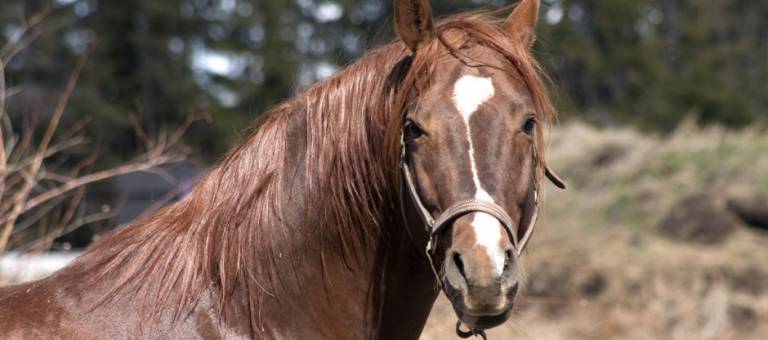
June 16, 2014
Selenium Deficiency or Toxicity in Horses
Signs of toxicity in the horse included hair loss from mane and tail, sloughing of hooves, joint erosion, and
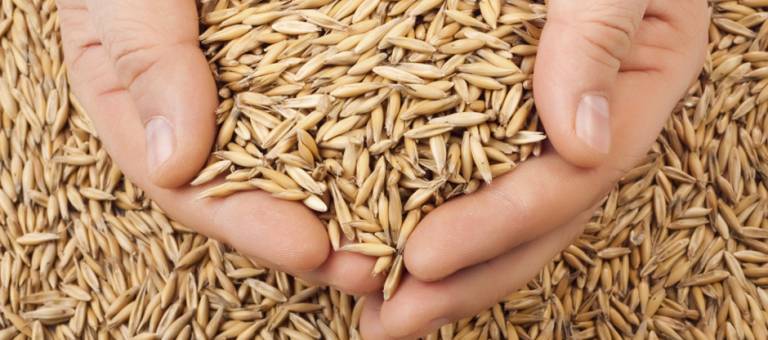
June 05, 2014
Processing Grain for Horse Feeds
The reason for processing or conditioning cereal grains for horses is to improve nutrient availability.
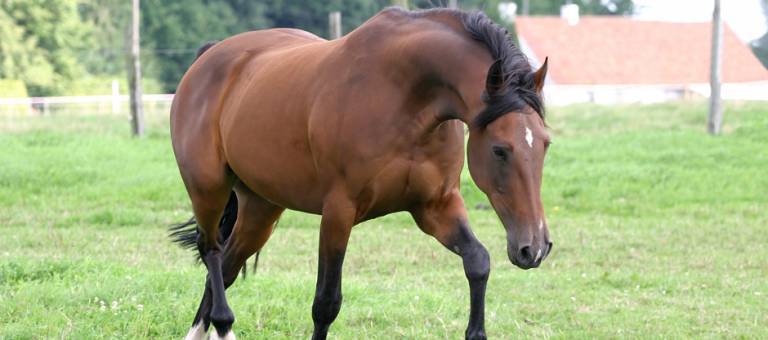
May 29, 2014
Selenium Sources and Utilization in Horses
The form of selenium and interrelationships with other dietary ingredients such as copper, sulfur, mercury, and arsenic can influence
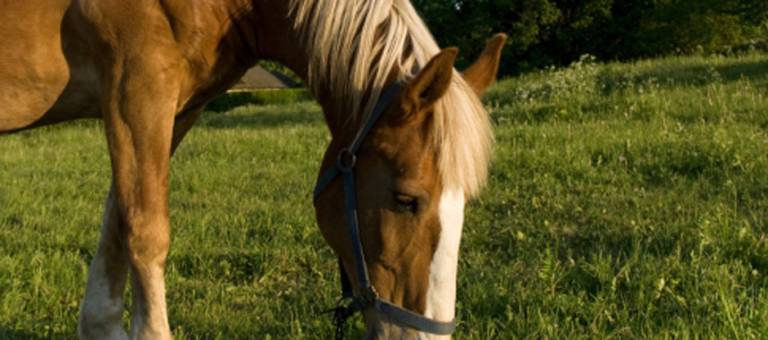
May 22, 2014
Grazing Horses Have Adequate Intake of Most Microminerals
Forage plants derive mineral content from the soil in which they grow. For the most part, horses that have
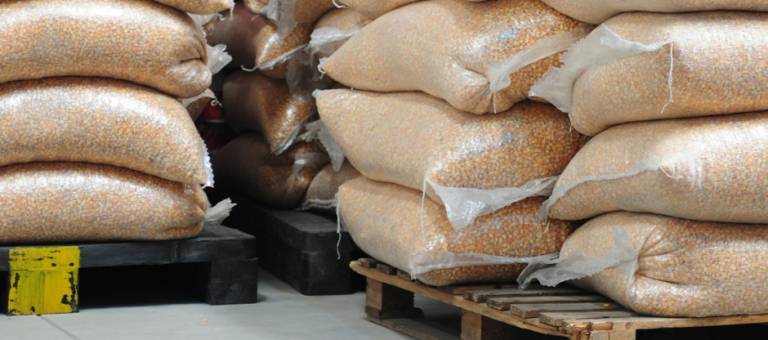
May 20, 2014
What’s On Your Horse Feed Bag and Tag?
Text and tags on horse feed bags are designed to give potential purchasers information that will help them select
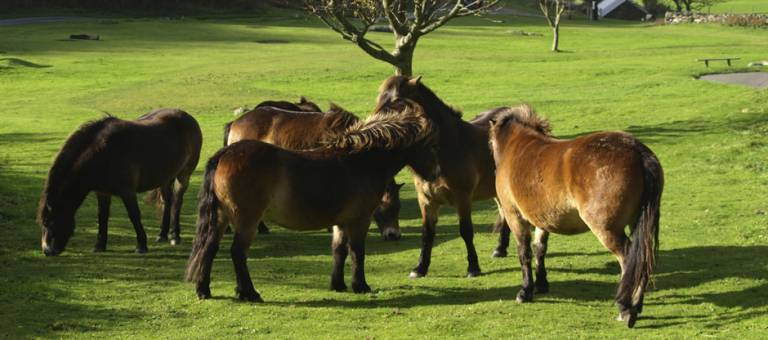
May 19, 2014
Guard Horses Against Dangers of Fresh Grass
After a long hard winter, every horse owner is happy to see the fields turn green as pasture forage
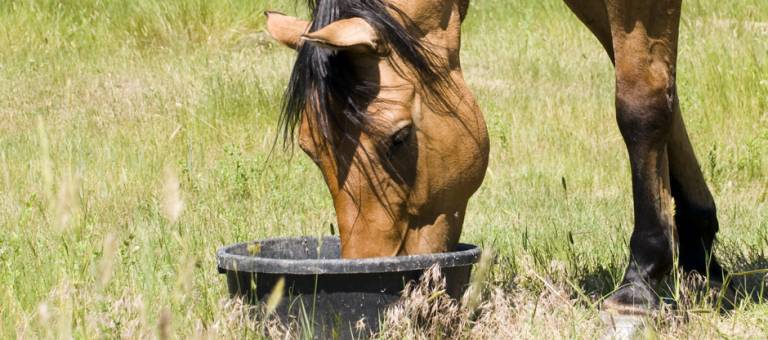
May 14, 2014
Anemia in Horses: Supplemental Iron Not a Cure
Iron is the trace mineral most often associated with exercise, and many race trainers use some type of iron
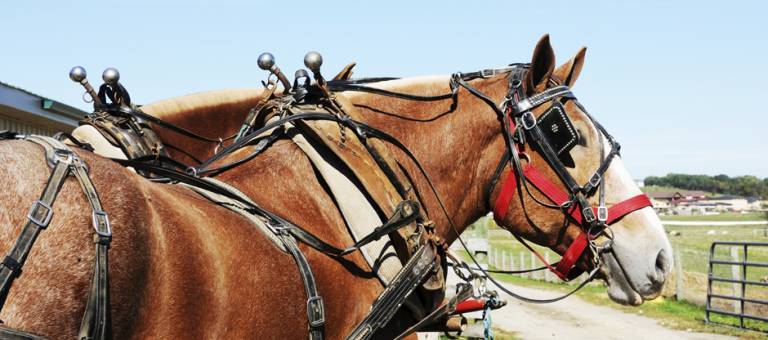
May 13, 2014
Some Things Never Change: Equine Exercise and Feed Management Advice from 1920
Though many aspects of equine care have been revised in the last hundred years, some of the basic principles
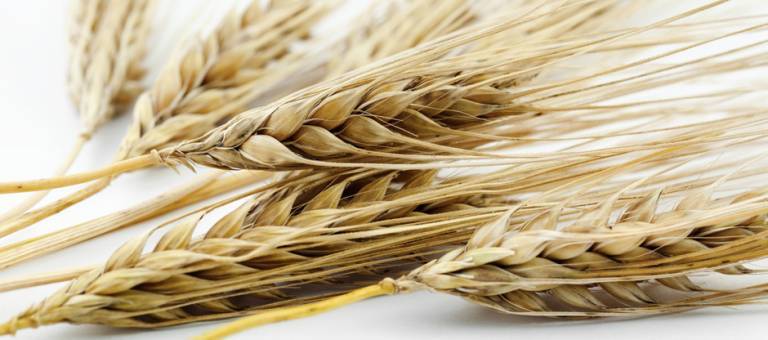
May 05, 2014
Feeding Sprouted Grains to Horses
Because the seeds lose their high starch content, the sprouted grain becomes more forage than seed.







